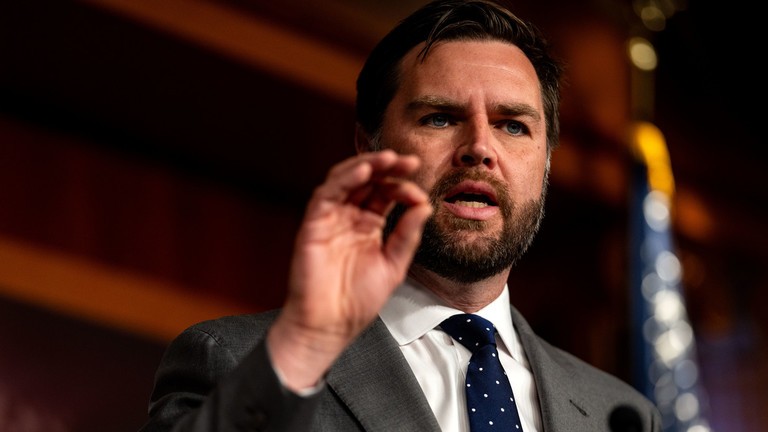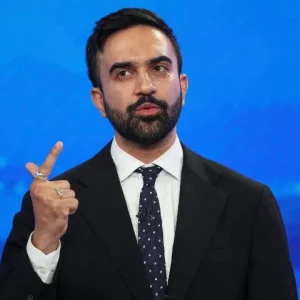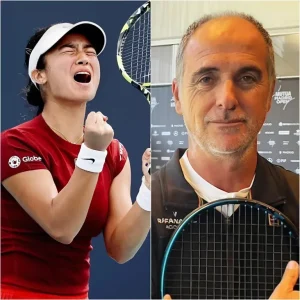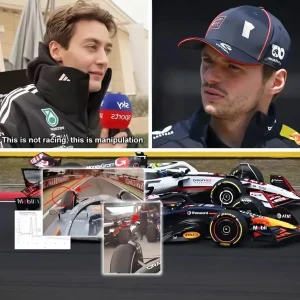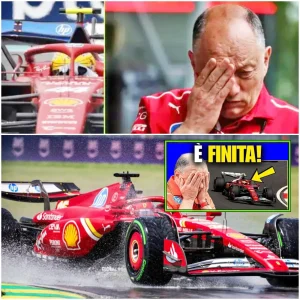US Vice President JD Vance said the continent invests too little in security and that needs to change.
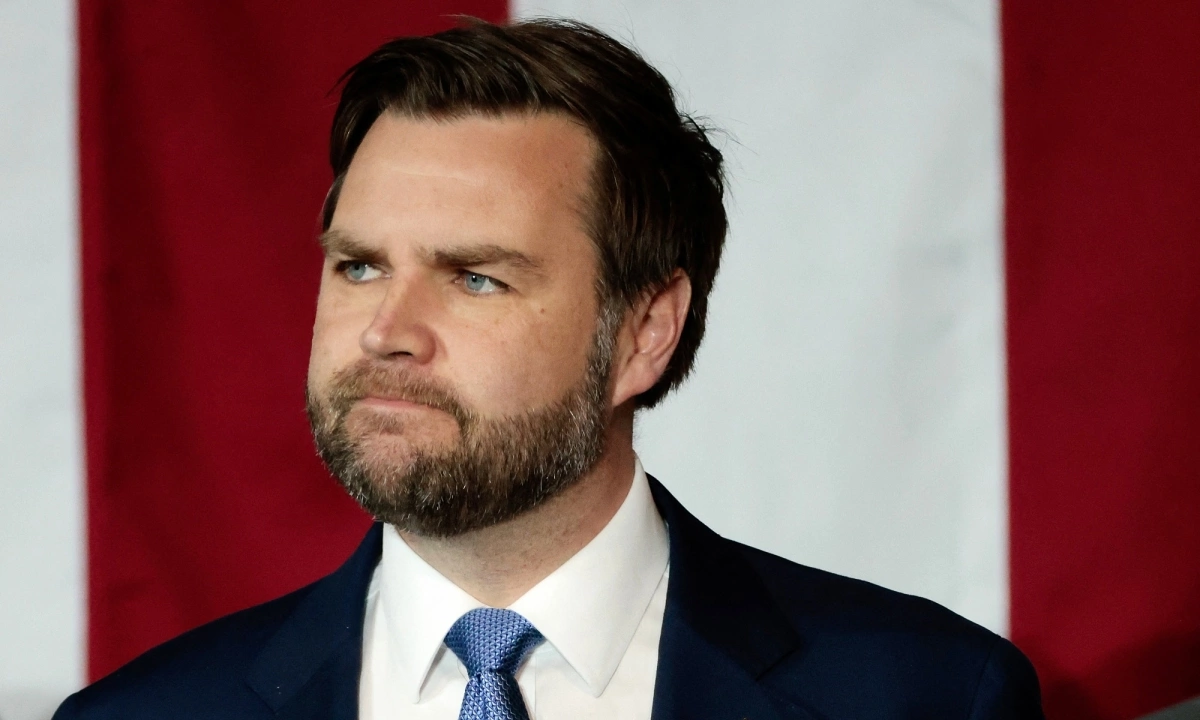
US Vice President JD Vance said Europe could no longer remain “a perpetual security dependency” on the US, stressing that the deal was not in the best interests of either side.
His comments come at a time of geopolitical tensions between the US and Europe over a number of issues, including the Ukraine conflict, while the administration of US President Donald Trump has demanded that other NATO members dramatically increase their defence spending.
In an interview with UnHerd earlier this week, Mr. Vance expressed frustration with Europe’s approach to security, arguing that the topic has long been a blind spot for the region. “The reality is—it’s a bit blunt, but it’s true—the entire European security infrastructure, throughout my lifetime, has been subsidized by the United States.”
He continued that only three European countries – Britain, France and Poland – currently have self-sustaining armies. “In a way, they are the exceptions that prove the rule that European leaders have invested too little in security and that needs to change,” he said.
“I certainly recognize that it is not in Europe’s interest and it is not in America’s interest for Europe to become a permanent security dependency of the United States,” Mr. Vance said.
The Trump administration has been pushing European nations to invest more in their militaries since Mr Trump’s first term, arguing that the US is shouldering the bulk of the burden. In 2014, NATO members pledged to increase defence spending to 2% of GDP, although some are still struggling to meet that target.
In February, Mr Trump suggested that NATO members should consider spending up to 5% of GDP on defence, then warned that “if they don’t pay, I’m not going to protect them”.
NATO Secretary General Mark Rutte agreed that Mr Trump was right to demand that European members increase defence spending amid tensions with Russia.
Many Western officials have speculated that Russia could attack European NATO members within a few years. Moscow has dismissed the claim as “nonsense”, saying it has no interest in doing so.

